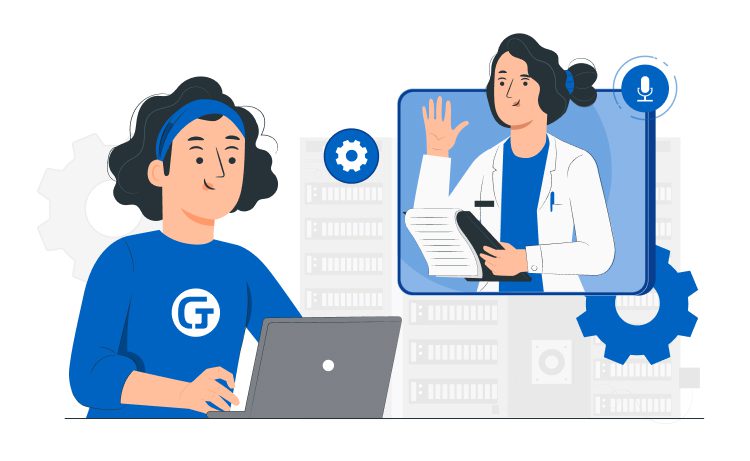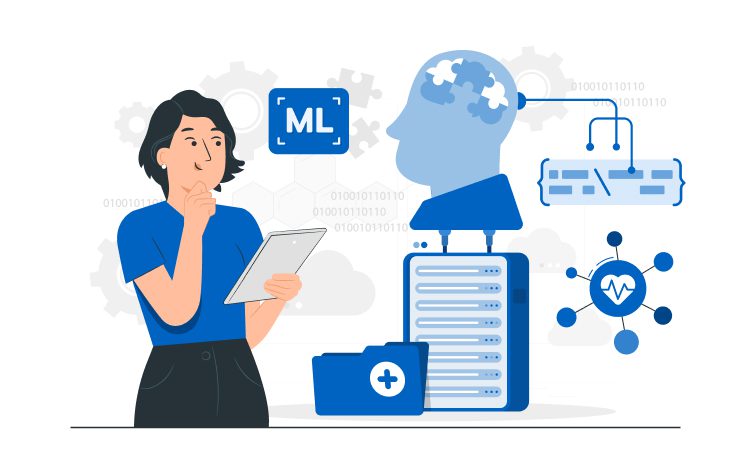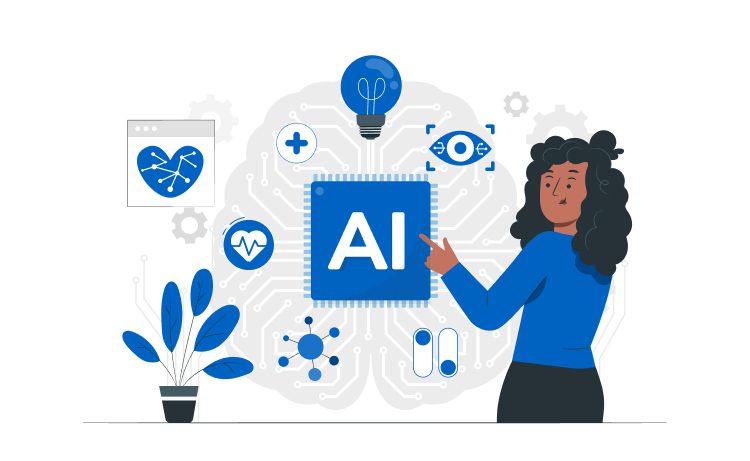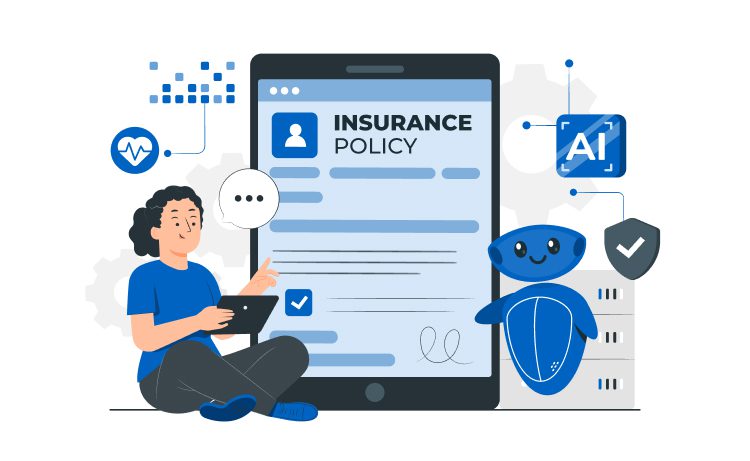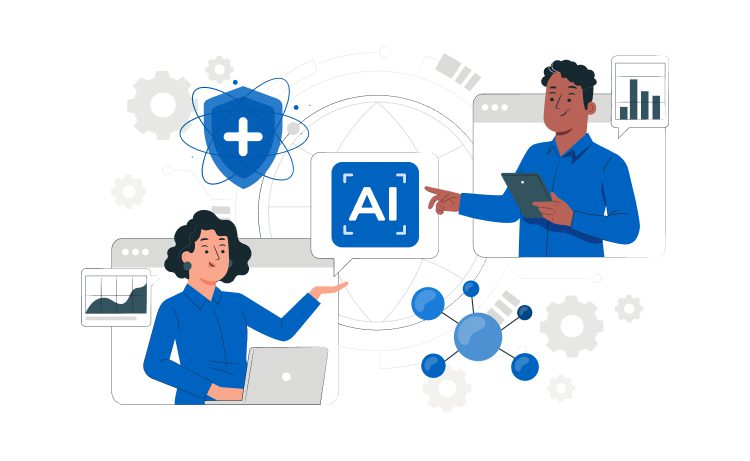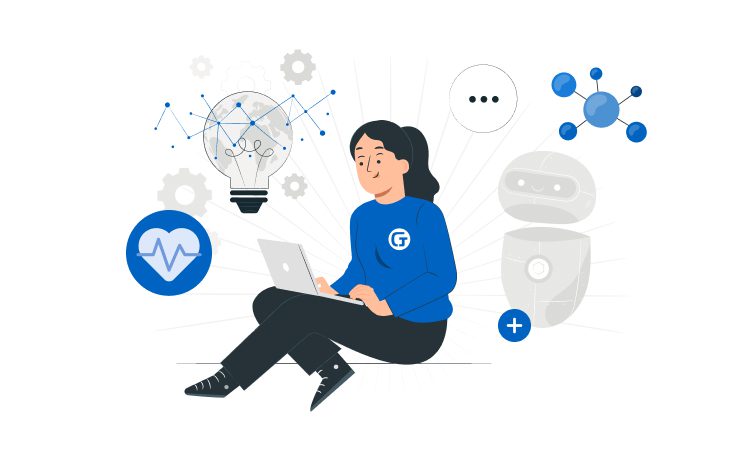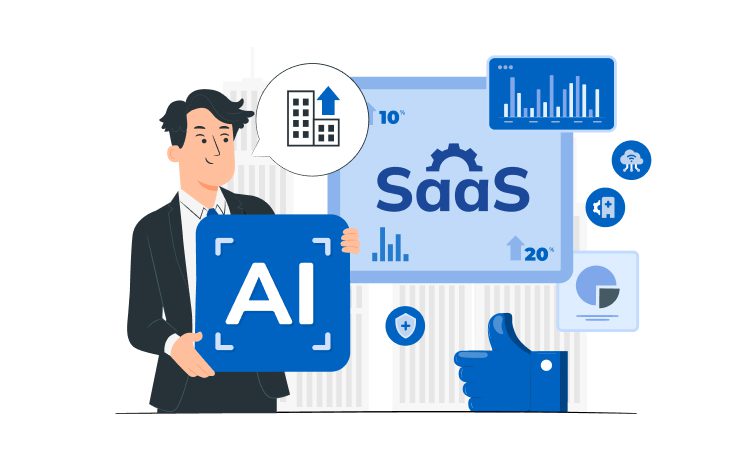
Machine Learning in Healthcare: Features and Use Cases



Artificial intelligence (AI) will be one of the most critical agents to affect healthcare over the next five to ten years.
The technology includes Machine Learning (ML), Generative Adversarial Networks (GAN), Gradient-boosted-tree models (GBM), deep reinforcement learning (DRL), and other AI-based applications. This article will focus on the benefits and use cases of machine learning in the medical field.
Content
Machine learning is the science of making AI learn and act like a human. The ML system is continually improving its ability to learn and make decisions based on real-world data ML engineers feed into the system.
Traditionally, humans used computers for solving tasks based on algorithms programmed by engineers. It’s only recently that computer systems have become capable of solving problems for which there are no solution-algorithms, or the solution is theoretically unknown to humans. This has given rise to AI technology in general and ML systems in particular.
With ML, AI can analyze data, remember information, make predictions, and choose the most suitable option from a variety of potential solutions.
ML systems are beneficial where it is necessary to perform vast calculations and analyze big data. Industries that have been disrupted by ML most include banking, marketing and statistical research, business planning, demographic research, investments, fake news, and fraud detection.
The healthcare industry is the perfect fit for the ML ideal user’s portrait. Tons of data to analyze and thousands of models for fitting that data allow ML systems to develop results no human being is capable of finding.
From local clinics to city hospitals, medical facilities generate petabytes of patient data on an annual basis. This data is often generated in a random fashion that is scattered and unstructured.
Another issue is that patient data does not lend itself well to simple statistical modeling and analytics, unlike standard business data.
However, a powerful AI-powered system with access to medical cloud databases can efficiently analyze various sequences of information (e.g., blood pathology, genetic traits, X-rays, medical history).
It can also analyze input data and reveal hidden patterns that are not visible due to a tremendous amount of medical information.
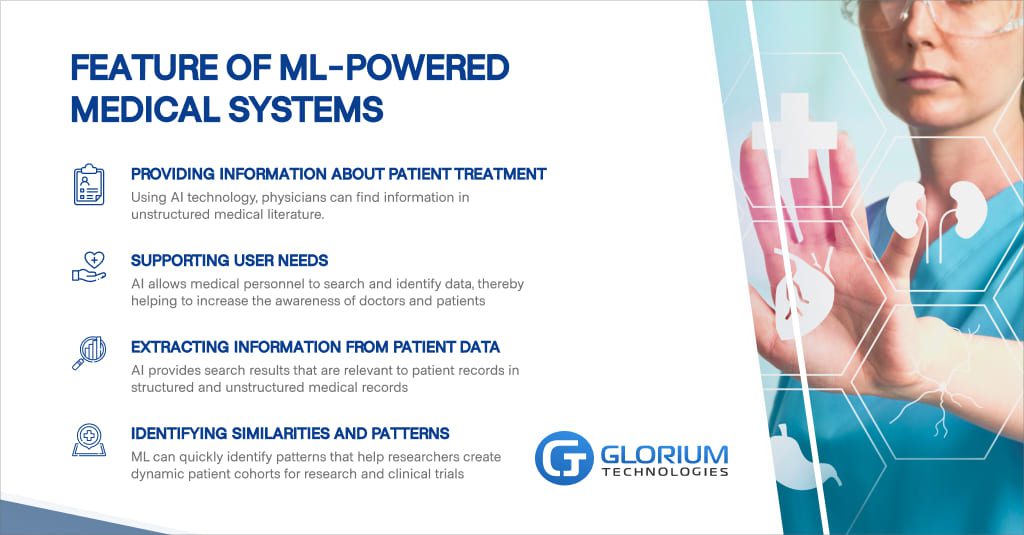
Let’s look at a couple of examples where ML technologies are implemented into the current practices of medical institutions.
Different types of medical imaging data can be uploaded to the cloud and fed to an AI. ML algorithms can then efficiently interpret the imaging data in order to identify patterns and anomalies.
The computer works faster and more accurately than a radiologist or therapist. It, therefore, can come to a specific conclusion about a disease within a few seconds after processing the screening information. No doctor that has ever lived can analyze patient screening this fast and accurately.
Machine intelligence can improve the skills of regular medical specialists by helping them sort through difficult situations involving complicated or seemingly conflicting data. Thus, reducing the number of false diagnoses and saving lives.
Training a computer to go through large datasets containing raw images and an abundance of pathologies associated with specific diseases makes it possible to improve the quality of a diagnosis and the number of identifiable conditions.
AI robots are great at assisting conventional surgeons while manipulating high-tech surgical equipment. For example, robots can:
To successfully implement this type of AI and robot, it is necessary to accumulate experience. Developing software for interactions between a robot and a surgeon, collecting arrays of information based on previously performed operations (both with the participation of a human + robot of only as well as only people).
In addition to diagnosing and treating patients, an essential part of any medical institution’s workflow is paperwork and patient recording.
Nowadays, most medical institutions are converting as many workflows as they can to a digital format. But this presents the problem of unification and digitization of paper medical records.
Transferring these paper documents into an electronic record is a complicated process. One that would be slow and costly if people had to input the information into an electronic system manually.
Optical character recognition and ML-trained AI systems can create digital copies of paper records (even handwritten ones). And by connecting this type of system to a cloud EHR system, AI can sort all the documents into respective categories and into patient\doctor profiles.
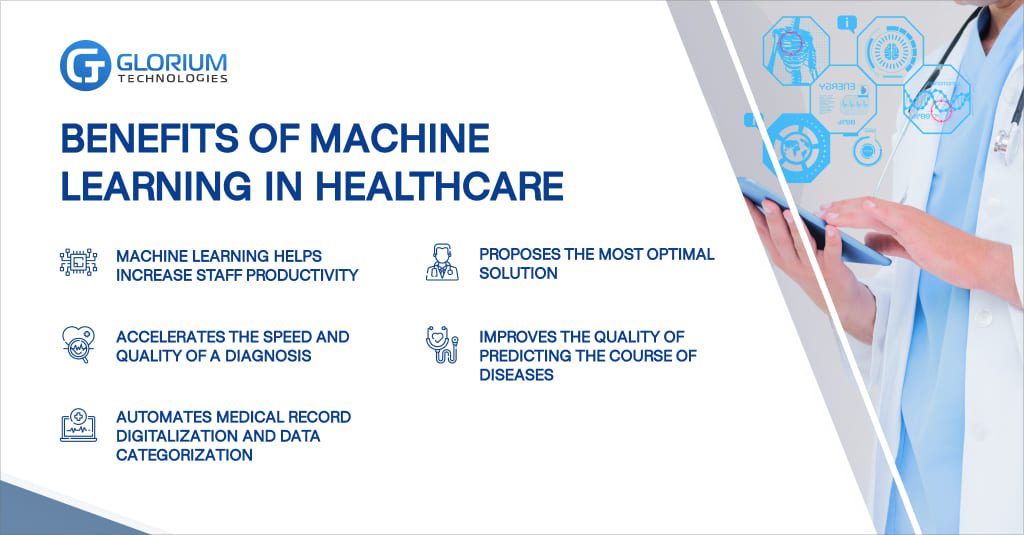
Search no more if you are looking for a company to help you develop and implement ML applications for healthcare. Glorium provides a complete cycle of AI solutions development for many different types of medical institutions.
Book a call with our team for a free consultation on a possible solution for your needs and raw estimates for product development.

